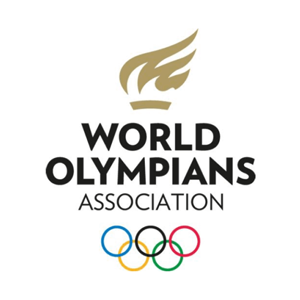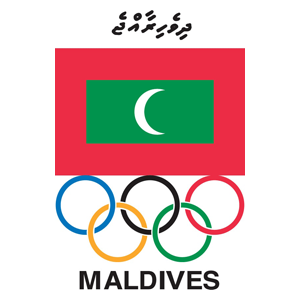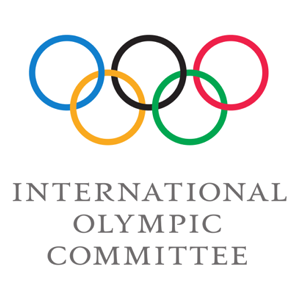Barcelona was the Spanish hometown of Juan Antonio Samaranch, the President of the International Olympic Committee. He had been elected President of the IOC only days before the tragic Munich Games of 1972; in the 20 years since he had seen television and sponsor budgets balloon and the Games reach a once unimagined global TV audience. It was the first Games in a while not blemished by boycotts, leading to a record 172 nations participating.
From the spectacular Opening Ceremony, highlighted when the Olympic flame was lit by a flaming arrow fired by a Spanish archer, Antonio Rebollo, Barcelona was a visually spectacular Games. Images such as China’s tiny teenage diving sensation, Fu Mingxia, launching herself from the 10m platform with the city skyline as a backdrop, made for a visual feast. Fu, just 13, led a strong Chinese diving team that won three of four possible gold medals.
This was a Games that reflected the changing face of world politics, especially in Europe. The Communist Bloc had crumbled; the Iron Curtain and the Berlin Wall had been destroyed. The new independent republics of the former Soviet Union joined forces to compete as the Unified Team, also known as the Commonwealth of Independent States (CIS). For the first time since 1964, a single German team competed (East and West Germany had previously competed separately). South Africa also returned to the Games for the first time since 1960.



